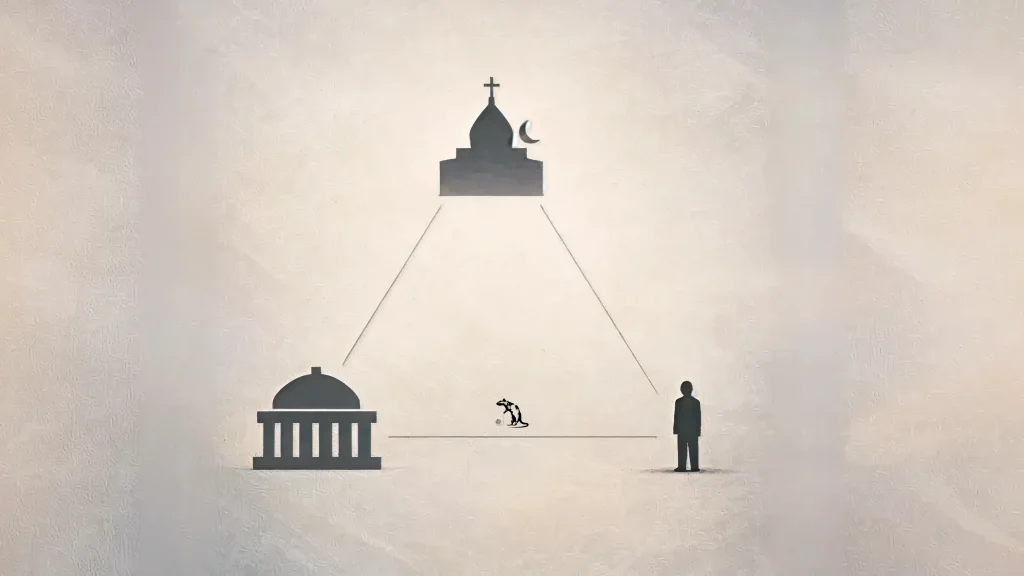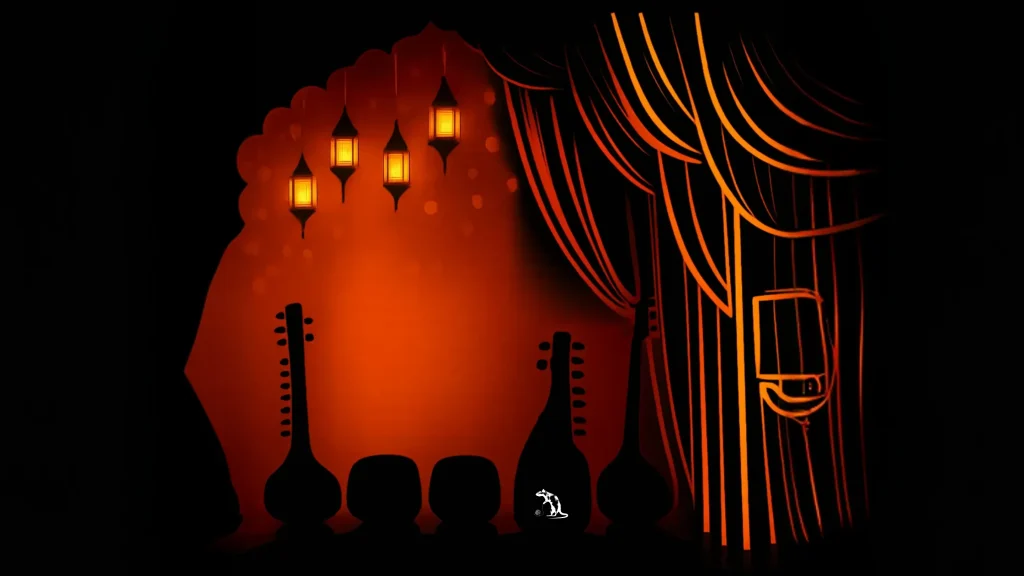From Mice to Men: The Civilization Rink
In the 1960s, American ethologist John B. Calhoun conducted an experiment that would later haunt sociologists, urban planners, and cultural critics alike. It was called “Universe 25.” At first glance, it seemed like a rodent utopia — a space with unlimited food, shelter, ideal climate, and no predators. But what followed was not harmony. It was collapse.
Despite having everything they needed to survive, the mice in Universe 25 began to exhibit deeply dysfunctional behaviors: mothers abandoned their young, males became hyper-aggressive or withdrawn, sexual norms broke down, and eventually, birth rates plummeted to zero. Calhoun called this outcome the “behavioral sink.” The idea was chilling: when a population reaches material abundance but loses meaningful structure, it begins to decay from within.
The Collapse of Meaning in a Civilization of Plenty
Fast forward to our world today — we’re not mice in a lab, but the parallels are increasingly hard to ignore. Across social, economic, and cultural spectrums, we’re seeing signs of a spiritual, social, and emotional hollowing out. From developed urban centers to fast-industrializing regions, signs of disconnection, existential fatigue, and social fragmentation are emerging.
This isn’t about East vs. West. Nor is it about rich vs. poor. It’s about a broader trajectory of modern civilization — how modernity, when stripped of spiritual, communal, and existential anchoring, turns abundance into apathy.
In Universe 25, the rodents weren’t starving — they were suffocating in meaninglessness. Their bodies were fed, but their behaviors showed that something essential was missing: purpose, role, identity. Sound familiar?
Two Trajectories, One Warning
In many affluent societies, material success has created a strange kind of emptiness. Birth rates are declining. Loneliness is increasing. Mental health struggles are widespread. Relationships are delayed or deprioritized. It echoes the patterns Calhoun observed: a species detached from connection, ritual, and purpose. A life padded in comfort, but void of clarity. Safety without structure. Choice without direction.
In contrast, many communities still facing economic hardship or political instability continue to hold onto certain grounding elements: strong familial bonds, spiritual anchors, community gatherings, and social interdependence. Their lives are shaped by hardship — but also by meaning. There is pain, but there is also purpose. A reason to wake up, to work, to gather, to grieve.
The Spiritual Death of Comfort
Calhoun’s mice didn’t die from hunger — they decayed in luxury.
Across many modern societies, we’re witnessing a similar trend: a shift from communal life to hyper-individualism, identity as performance, and emotions outsourced to algorithms.
In Universe 25, a group emerged during the collapse — the “Beautiful Ones.” Perfectly groomed, untouched by conflict, physically pristine — but emotionally vacant. They stopped mating. They stopped bonding. They retreated into themselves.
They looked perfect. But they were hollow.
It’s hard not to see reflections of this in today’s world — in cities where comfort is abundant but connection is thin. Where many have access to everything, but feel nothing. Where people stop participating in the deeper rituals of life: building families, creating community, passing down stories.
This isn’t moral panic. It’s existential drift. We are not lacking tools. We are unsure what to do with them.
The Class Collapse
This erosion of meaning isn’t just a wealthy-world problem. It cuts across social classes.
Among the upper class, abundance often brings anxiety and disconnection. For the middle class, endless hustle overshadows community and stillness. For the working class, systemic stress suppresses individuality — though it sometimes preserves traditional bonds longer than other groups.
This is not about geography. It’s about the human condition, filtered through class and context. The behavioral sink manifests in different forms, but its root remains the same: the slow loss of roles, rituals, and rootedness.
A Shared Human Crisis
Whether it’s a tech-driven metropolis or a fast-developing town, the core question remains: Are we losing the very frameworks that once made life meaningful?
Tradition is replaced by trend. Spirituality is repackaged as productivity. Community is substituted with content.
This is not about one world being ahead or behind. It’s about how modernity, in different forms, is destabilizing the core structures that held us together.
The Irony of Resources
What makes this especially paradoxical is where the world’s material wealth came from.
The countries now labeled as “third world” — much of Africa, Asia, and the Global South — were historically plundered to build the comfort of the “first world.” The natural wealth of these regions was extracted, often violently, to create the very abundance that now feels spiritually hollow.
Today, the irony is stark: the descendants of the extractors live in sleek cities with existential crises, while the descendants of the plundered still find meaning in community, even amid chaos.
The beautiful ones inherited the gold — but lost the ground beneath their feet.
What Now?
If some societies are wilting in comfort, and others burning under injustice — can we find a path forward?
Can developed societies rediscover the meaning in struggle? Can developing regions modernize without losing what still makes them human?
Can any of us build a world where survival doesn’t mean simulation, and comfort doesn’t cost our connection?
Final Frame
The lesson of Universe 25 isn’t that comfort is evil. It’s that without meaning, comfort collapses.
Our crisis isn’t just economic or political — it’s existential.
To avoid the civilization sink, we need:
- Narratives that root us, not distract us
- Relationships beyond performance
- A purpose that doesn’t come with a price tag
We’re not just asking: Are we progressing? We’re asking: Are we still human in the ways that matter?



